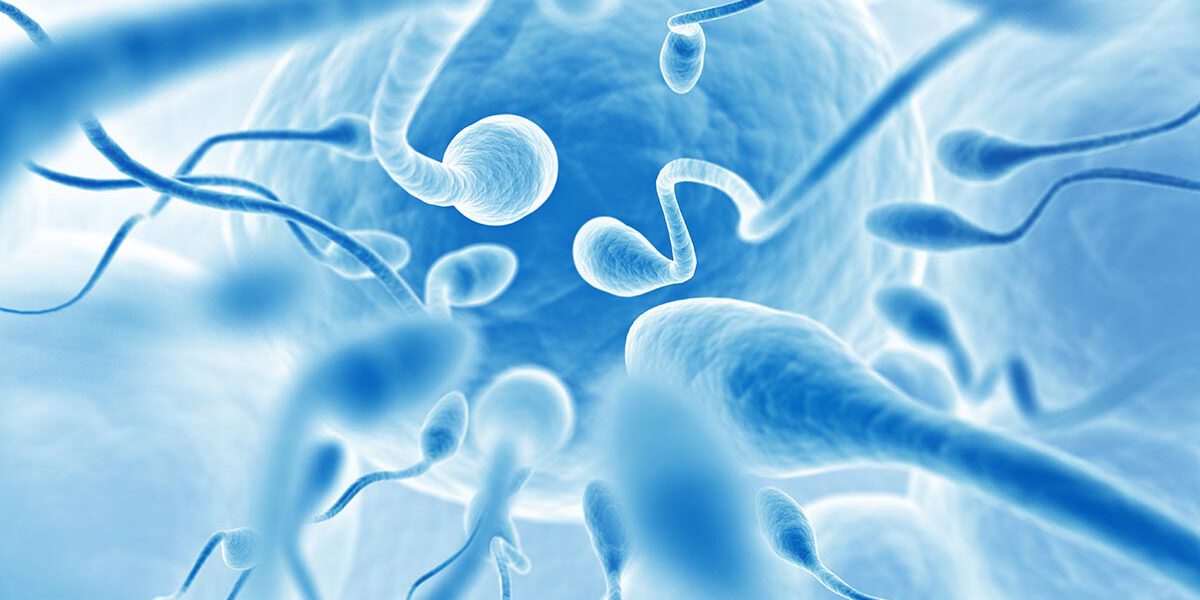Embarking on the journey of assisted reproduction, such as in vitro fertilization (IVF), is a significant step towards realizing the dream of parenthood. Central to the success of this process is the careful collection and evaluation of sperm, an important element in the creation of embryos. The quality and maturity of eggs, coupled with the health and vitality of sperm, play a crucial role in determining the fertilization rate of embryos—a factor that can significantly impact the overall success of IVF. As such, careful consideration and adherence to specific guidelines during the sperm collection process become paramount.
The importance of sperm analysis, conducted before planned IVF dates, cannot be overstated. The results of this analysis, valid for a six-month period, serve as a crucial role for anticipating the potential success of the entire IVF journey. To ensure the best possible outcome, it is imperative to adhere to suggested guidelines and recommendations during the sperm collection process. The analysis covers parameters that help distinguish the quality of sperm. The following are the recommended values according to the World Health Organization (WHO) and for the intended parents willing to have guaranteed programs, sperm quality with us shall be within these ranges of values:
- Sperm Concentration (sperm count): The number of sperm per milliliter of semen. A normal range is usually considered to be 15 million sperm per milliliter or more.
- Sperm Motility: The percentage of sperm that are moving actively. A normal range is typically around 40% or more of sperm exhibiting progressive motility.
- Sperm Morphology: The percentage of sperm with a normal shape. The WHO suggests that at least 4% of sperm should have normal morphology.
- Volume of Semen: The total amount of semen ejaculated. Normal values are usually around 1.5 to 7.6 milliliters.
- ➭ Note about potential need of Sperm DNA Fragmentation: Sperm fragmentation analysis becomes essential in specific cases, such as when intended parents have a history of multiple unsuccessful IVF cycles, are diagnosed with varicocele, experience recurrent pregnancy loss, or are influenced by age-related factors. Sperm DNA fragmentation refers to breaks in the genetic material (DNA) housed within sperm. This genetic code, a double helix structure, can experience breaks that impact one or both strands of the helix. These disruptions in the genetic makeup of spermatozoa may underlie fertility challenges, including low fertilization and pregnancy rates, compromised embryo quality, and heightened miscarriage rates. Notably, these effects can manifest even when other parameters analyzed in the semen sample appear normal.
In certain instances, discrepancies may arise between the initial assessment of sperm values and the values obtained during the subsequent stages of the IVF process, such as freezing or fertilization. It is worth noting that the validity of sperm analyses is generally recognized for a period of six months. Therefore, to ensure the accuracy and reliability of the data, the final confirmation for participation in a guaranteed program should be based on the clinic’s assessment of sperm quality at the time of collection and freezing. This approach ensures that the most current and relevant information is considered, contributing to the success and effectiveness of the assisted reproductive procedures involved.
In certain scenarios, it is possible that specific criteria may fall below the suggested values; however, if other crucial parameters remain within a favorable range, our embryology team may still approve the sperm for inclusion in our guaranteed programs. Therefore, when reviewing the results, we encourage you not to feel discouraged. The final confirmation for participation in these programs is contingent upon the careful evaluation conducted by our experienced embryology team.
If it happens that your sperm quality suggests eligibility only for the standard program, please bear in mind that even within the standard program, we extend a guarantee of producing four blastocysts. This assurance is designed to prioritize your safety and provide a level of confidence in the overall process. We are committed to offering comprehensive and supportive solutions tailored to your individual circumstances for a successful reproductive journey.
Important Suggestions Before Sperm Collection:
- Abstinence Period: Maintain a 2-4 day abstinence period before sperm analysis, fertilization day or freezing, as longer periods may lower quality.
- Alcohol Consumption: Avoid alcohol for at least 6-7 days before sperm collection.
- Lifestyle Habits: Abstain from smoking, heavy physical activities, and restrict cycling.
- Recovery from Infection: If you recently had a virus, flu, or infection treated with antibiotics, delay sperm collection for at least 2 months.
- Avoid Overheating: Refrain from hot baths, saunas, and showers, as overheating negatively impacts sperm quality.
If you are on medication (antibiotics, antiretroviral therapy, antiviral therapy, hormonal drugs, etc.), inform your personal coordinator or the medical team. Personalized advice may be needed to determine the best timing for sperm collection.
Tips for Improving Sperm Quality:
- Healthy Eating: Consume fresh fruits and vegetables, avoid junk food, and stay away from fizzy drinks.
- Weight Management: Lose weight if not within BMI standards.
- Limit Alcohol Intake: Reduce alcohol consumption as much as possible.
- Stress Management: Avoid stress and ensure adequate sleep.
- Consultation: Consult with a local specialist about supplements for improving sperm quality. Coenzyme Q10 and Omega-3 are often recommended.










